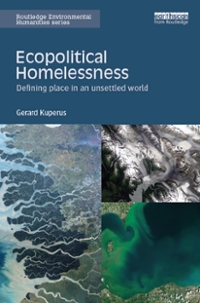Question
Short answer Questions (1 to 7): 1. On Economic Growth Drivers and Variations. A. List (only list, not explain or discuss) five to ten key
Short answer Questions (1 to 7):
1. On Economic Growth Drivers and Variations. A. List (only list, not explain or discuss) five to ten key sources of growth or key drivers of the economic divergence that we see between poor and rich economies. B. Why are developing economies such as China, India and Ethiopia expected to grow faster (think annual growth rates) than advanced economies such as the US and Germany? (Please provide a very brief answer)
2. The following questions refer to "Convergence" A. Explain "Convergence" in brief. What is the difference between conditional convergence and unconditional convergence? B. Empirically, how do you test convergence? Describe the approach (you are not expected to use an actual data, just describe the process)
3. In 2019, Abhijit Banerjee, Esther Duo and Michael Kremer won the Economics Nobel Prize for "their experimental approach to alleviating global poverty" (also referred to as Randomized Control Trials (RCTs). A. Discuss why this approach is considered groundbreaking and the gold standard B. Discuss the key criticisms of this approach to poverty reduction
4. Answer the following questions on Import Substitution (IS) Strategy A. What is the Import Substitution (IS) Strategy? B. Discuss the key arguments for IS and the counter- arguments against it? C. Do you advice policy makers in a typical poor African country to adopt this strategy? Why/Why Not?
5. The extent to which foreign aid has been successful in helping achieve growth and development is a matter of continued debate and controversy. What does the evidence on aid and economic development suggest? Discuss.
6. Explain why vaccines and treatments for diseases endemic to the developing world are absent or not available at affordable prices. What can be done to remove barriers to better health in the developing world? How can we create incentives for more cures and supply?
7. What is the rationale behind intellectual property protection? Are strong intellectual property rights appropriate for developing countries? What alternatives are there for enhancing the innovation capabilities of poor countries and their access to new technologies?
Background free PDF textbook download link:
Poor economics free pdf textbook link= https://b-ok.cc/book/3380318/574055
Economics of Development free pdf textbook link= https://b-ok.cc/book/2701585/0930ed
Step by Step Solution
There are 3 Steps involved in it
Step: 1

Get Instant Access to Expert-Tailored Solutions
See step-by-step solutions with expert insights and AI powered tools for academic success
Step: 2

Step: 3

Ace Your Homework with AI
Get the answers you need in no time with our AI-driven, step-by-step assistance
Get Started


